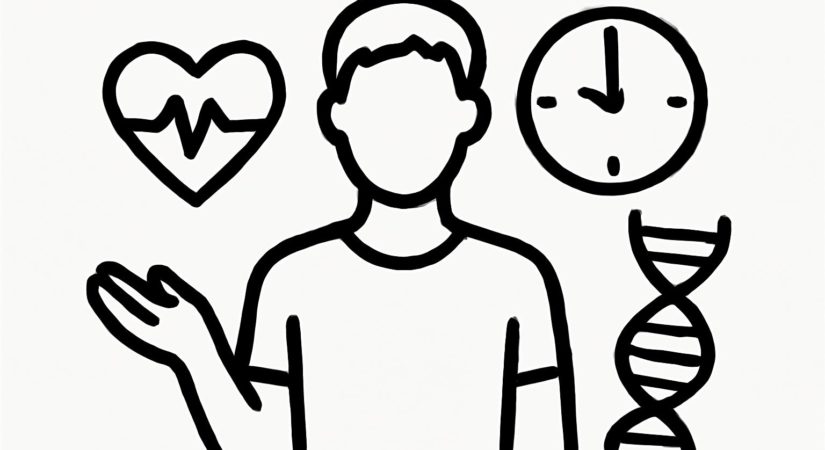The idea of living forever has evolved into a major wellness and marketing trend in the 2020s, promising to delay death at a significant cost.
Once limited to scientists and the ultra-wealthy, longevity is becoming a consumer commodity. Advocates like tech billionaire Bryan Johnson, leader of the “Don’t Die” movement, argue that death is not inevitable but a challenge science can solve.
The global longevity market, which includes gene therapies, anti-ageing drugs, diagnostics, and wellness programs, is expected to reach US$610 billion this year. The industry’s marketing capitalizes on deep-rooted fears of mortality and the desire to maintain youthfulness.
Despite its growing reach, longevity products remain luxury items. They are marketed as exclusive and aspirational symbols — representing status, biological control, and the promise of one’s “best future self.” Longevity is framed not just as extending life, but as managing and eventually overcoming death.
Tapping into mortality fears
“Terror management theory” suggests humans possess a natural drive for self-preservation while being aware of their mortality, creating anxiety this market exploits. The concept of defeating death is not new. Cryonics, which involves freezing bodies or brains in hopes future technology can revive them, dates back to a 1962 book, The Prospect of Immortality, and is still pursued by wealthy individuals at costs up to US$200,000.
What is new is the framing of death as a flaw to be solved. The longevity movement advances “biohacking,” proposing that with the right data, tools, and discipline, individuals can upgrade their biology and optimize their future selves.
This message targets affluent consumers aged 30 to 60 familiar with optimization concepts focused on enhancing performance, productivity, and longevity through data tracking.
Brands behind longevity promote control, optimization, and elite identity. Aging is portrayed as a personal failure; anti-ageing becomes a matter of self-discipline. Consumers are positioned as CEOs of their health, tracking sleep, gut health, and supplement intake.
From Biohacking to Market Commodities
There are now over 700 companies in the longevity sector. Firms like Elysium Health and Human Longevity Inc. offer DNA tests, supplements, and personalized health plans. These services are not medical treatments, but marketed as ways to age smarter or slower, with a narrative of controlling what was once uncontrollable.
Bryan Johnson reportedly spends more than US$2 million annually on his own anti-ageing regimen. His company, Blueprint, provides diagnostics, supplements, and exercise plans through monthly subscriptions ranging from US$333 to over US$1,600.
Longevity products promise more than health—they offer time, control, and a shot at immortality. However, this pursuit raises ethical and social questions about accessibility and impact.
Without careful regulation, longevity technologies risk deepening inequality, becoming exclusive privileges instead of universal progress. As lifespan extends into a purchasable commodity, access to extended life may remain a privilege only for some.
